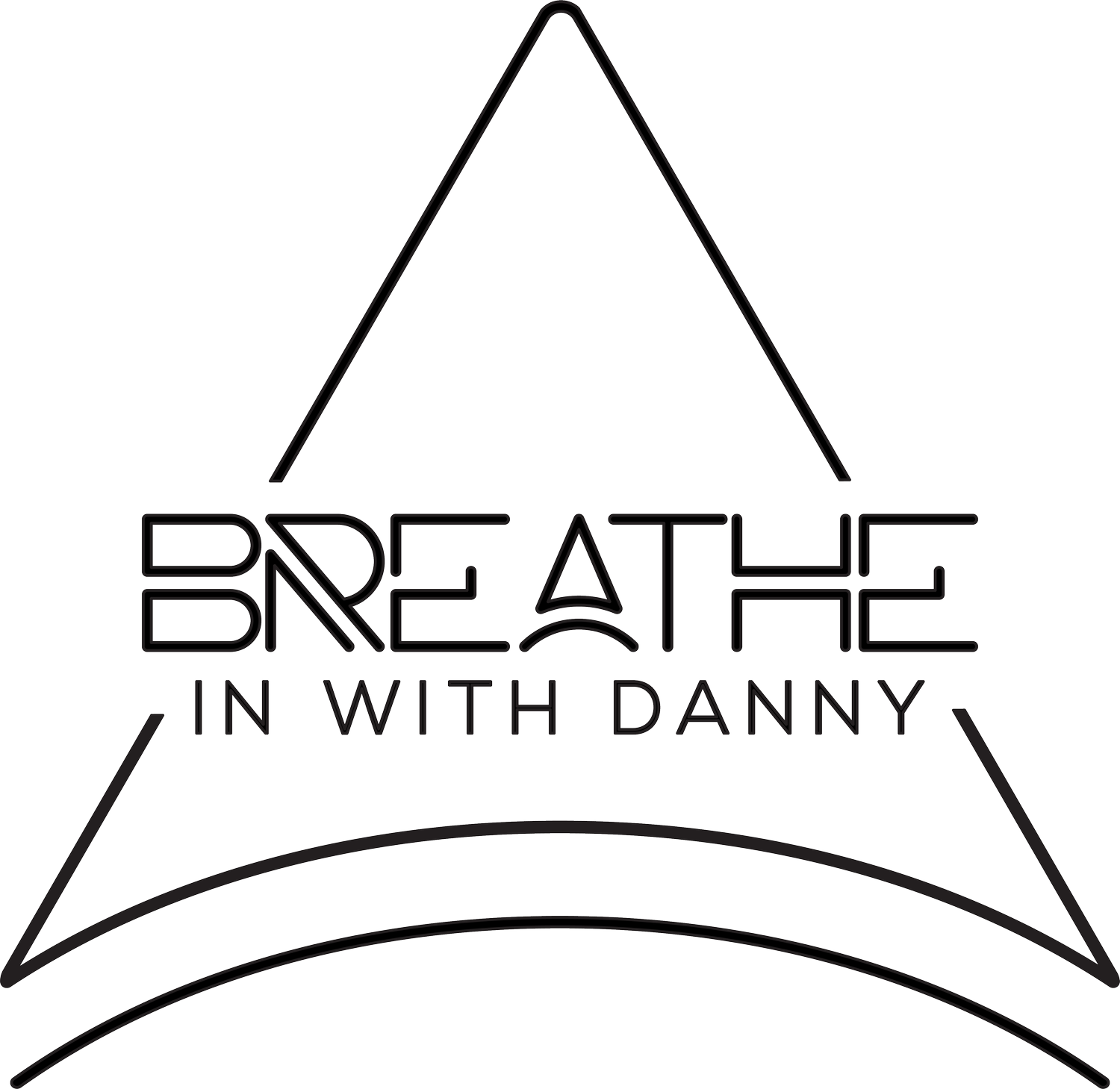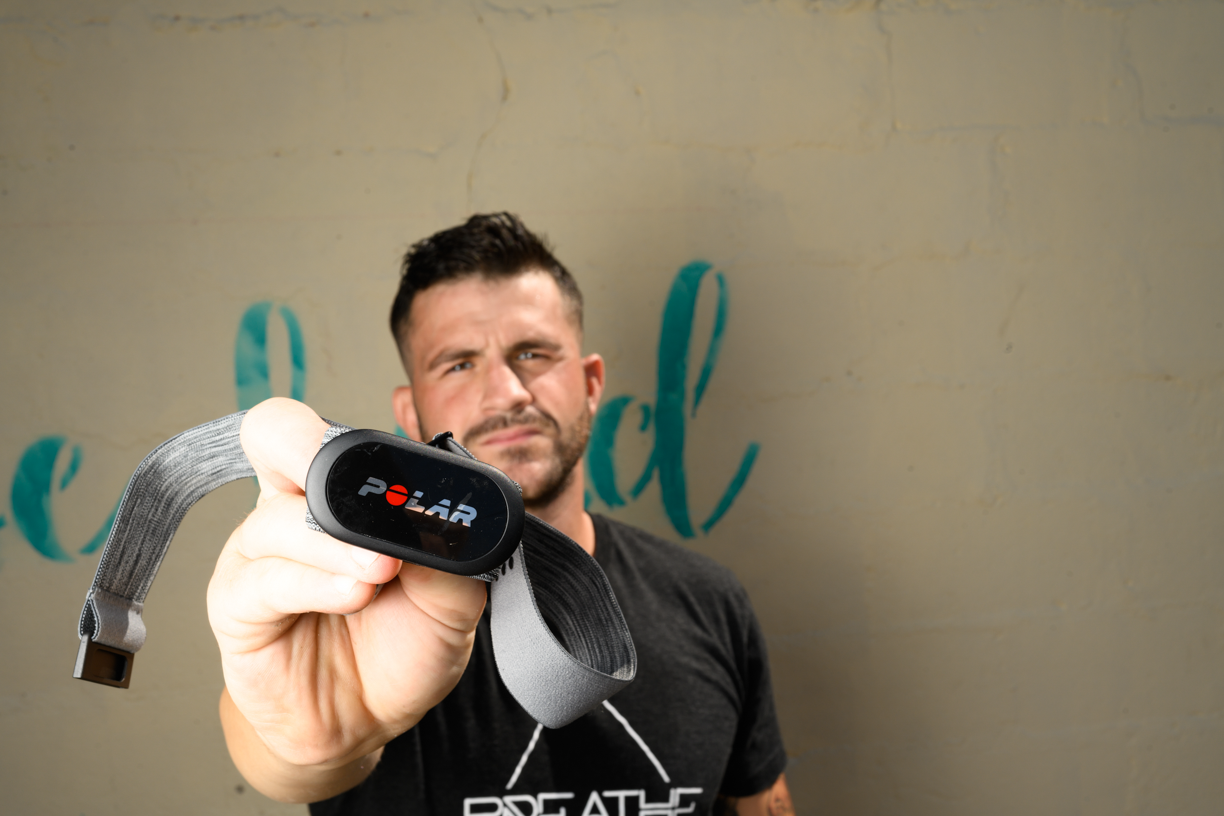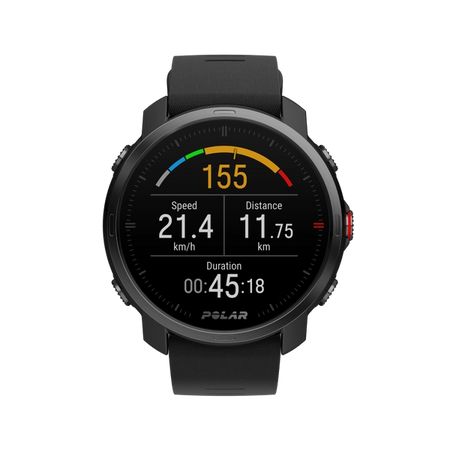Polar heart rate sensor
Our heart rate is a powerful indication of our state of being, both mentally and physically. Your heart rate will undoubtedly increase if you just ran sprints or narrowly missed a car accident. Why does our breath rate increase during exercise, and how can we tap into this process? The practice of breathwork has a profound effect on people; however, many benefits are intangible, i.e., a sense of well-being, lightness, and tingly. One easily measurable and vital sign that depicts the breath's effect on our state of being is heart rate. We are often put in stressful situations outside our control; however, breathwork practice allows us to tap into how our body responds to these stressful situations.
In Diana Sorrentino, Ph.D.’s, article, Impact of the Tach-Psych Effect while under Stress, Duress or Heightened Anxiety! posted by The International Critical Incident Stress Foundation she outlines the following:
Tach-Psych Effect. When you are placed in a situation of extreme stress, duress or heightened anxiety your physiological systems and psychological functioning are significantly impacted in a very predictable manner and will prove debilitating; to the point of your not being able to think clearly or function effectively, if you have not trained your mind and body for these developments.
Under extreme stress, duress or heightened anxiety, the following physiological changes will occur:
Loss of fine motor skills. This will typically occur after your heart rate exceeds 115 bpm. The loss of fine motor skills results in you having to rely solely upon your gross motor skills. This will be most notable in your handwriting or anything that requires dexterity. During the period when your heart rate is between 115 bpm and 160 bpm blood flow is redirected away from your extremities so that it will concentrate in your major organs.
Tunnel vision. This will result in the loss of up to 70% of your peripheral vision. We have reviewed numerous officer deadly force encounter after action reports where the officer stated that he could count the threads in the buttons on a subject’s polo shirt at a distance of 15’ but he could not see the sights on his pistol.
Auditory Occlusion. This will result in your inability to hear what is happening around you. We have reviewed officer deadly force encounter after action reports where the officer stopped shooting during a defensive engagement thinking his gun had malfunctioned because it went Pop when he fired.
Impaired or Loss of Your Cognitive Processing. This Psychological condition will typically impact the individual when their heart rate has exceeded 160 bpm. When this happens, the ability to think clearly, rationalize and problem solve is diminished or lost and your Fight or Flight reflex will take over unless you can control your heart rate.
Voice. When an individual is under stress, duress or any level of anxiety the quality of their voice will change and immediately reflect very distinct changes to their voice’s Rate, Tone, Pitch & Volume. You will also be able to hear the stress that will be developing in their voice. Many times, this will be your first indication that the individual will require an intervention.
Time Space Distortion. Some individuals have reported that the event took place in extreme slow motion. One officer’s after-action report stated that she could see the bullet and watch it hit her vest when the subject shot at her. Another officer reported that his ejected shell casing looked like someone was throwing beer cans at him when in-fact they were the empty shell casings being ejected from his pistol.
Insert rationale or summary that ties back to why you are citing this article and how it relates to this blog post.
Does total concentration breathing work?
When I go through my breath work routine, I am actively manipulating my heart rate and trying to gauge what my BPM (Beats Per Minute) is off of the way I feel, and I have gradually gotten more accurate with practice. I know this because I am also always hooked up to my Polar H10 Heart Rate Sensor chest strap heart rate monitor or my Polar Grit X Outdoor Multisport Watch. I practice getting my heart rate as high as possible using nothing but the breath, followed by changing my breath to drop my BPM to a low resting heart rate. Using these accurate, reliable and durable tools gives you an inside view of what is happening inside your body and how you are making certain results happen. Each human being is unique, including what breathing practice allows you to recover the quickest to a low resting heart rate after exertion. Polar’s heart rate monitors are tools that give you the ability to find which breathwork practice best taps into your state of being by showing the state of your heart. If you are striving to control your body's stress response, don’t leave it up to chance; ensure you’re succeeding with these Polar heart rate monitors.
This article contains affiliate links, which means that if purchases are made when clicked, I receive a small commission. Thank you!




